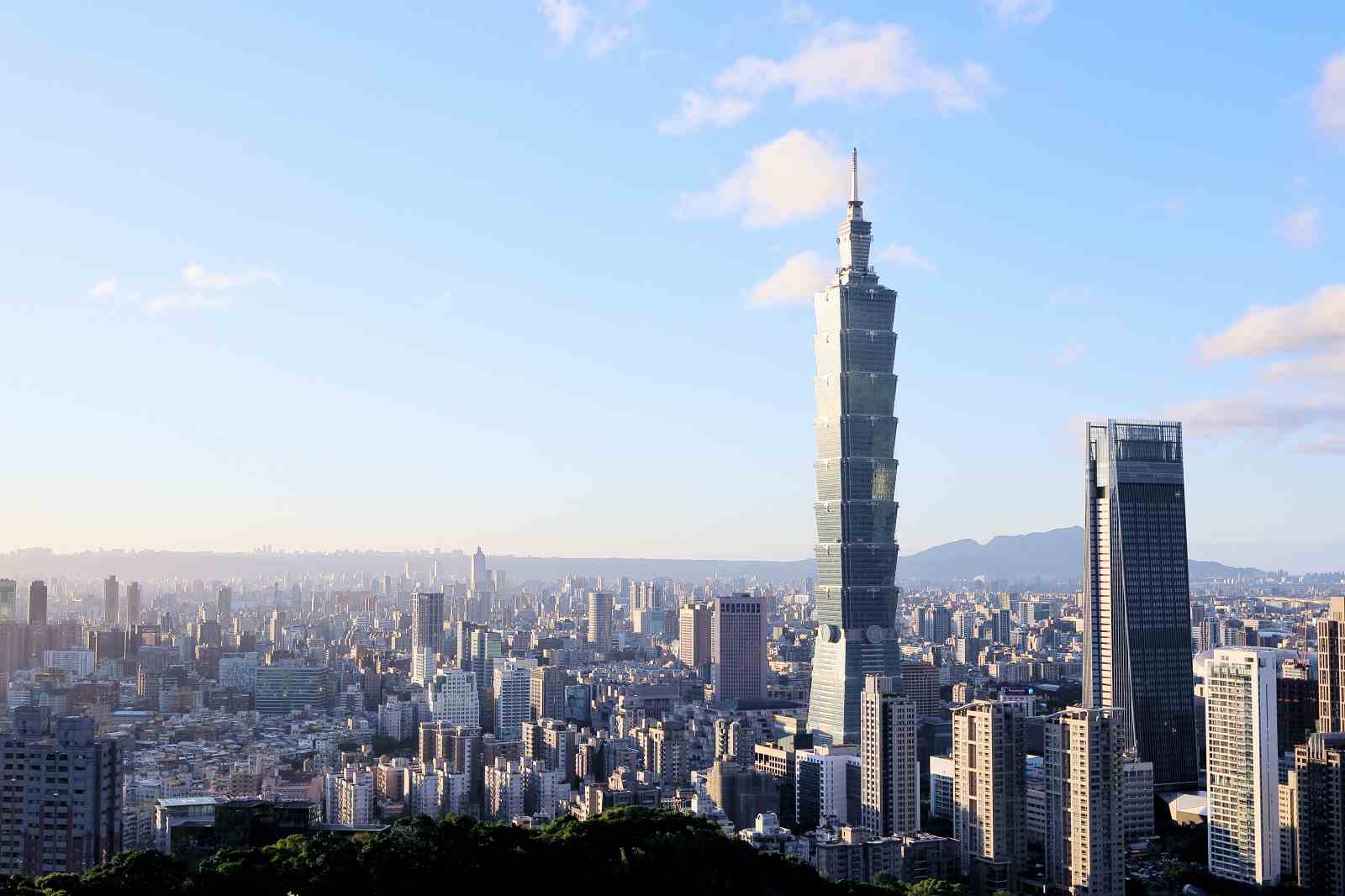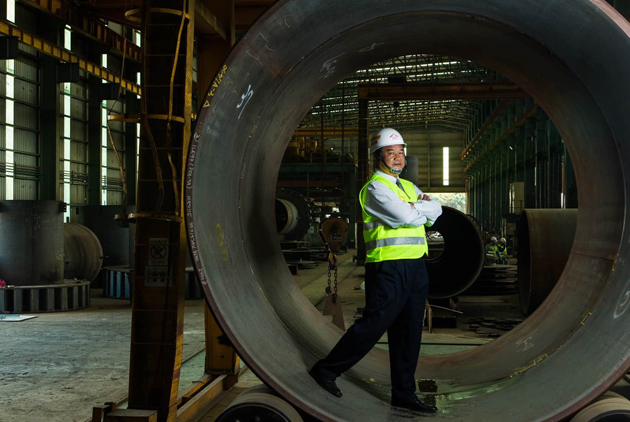CSR 'Giant': Lavender Forest
Helping Disaster Victims Regain Courage

Source:CW
After Typhoon Morakot devastated southern Taiwan in August 2009, donations poured in for reconstruction. But one CSR "small giant" has demonstrated in a remote community a better way to promote recovery than simply giving money.
Views
Helping Disaster Victims Regain Courage
By Ming-ling HsiehFrom CommonWealth Magazine (vol. 579 )
Fourteen years ago – two years after the September 21 earthquake that rocked Taiwan in 1999 – Lin Ting-fei and Chan Hui-chun opened the first "Lavender Forest" in Hsinshe, Taichung. Hit hard by the quake, local industry was trapped, unable to connect with the market beyond Hsinshe. Now, however, Hsinshe attracts throngs of visitors through tourism and mushrooms.
In 2013, a dozen years after Lavender Forest was founded, the affiliated "Good Days" brand chose open up its first shop in Chiahsien, an area of Kaohsiung devastated by 2009's Typhoon Morakot. Transportation lines to and from Chiahsien were cut off in the wake of the storm, resulting in a mass population drain, leaving behind mostly the elderly, children, and foreign-born spouses.
"We are always thinking that perhaps we have it too good, and maybe there's some way to become brave again," says Wang Tsun-huang, Lavender Forest's chief operating officer. They decided to "be there" for Chiahsien, immerse themselves in the area, and work hard with its people.
Wang discovered that the key to an area re-establishing self-confidence is whether it can be self-sustaining, offering a good life with dignity. These are objectives that monetary donations cannot achieve.
The Good Days brand philosophy is that "hard-working people in every place should be seen," to show what is good about a place as well as showcase its people and environment.
This is why, in the Good Days shop in Chiahsien, one sees still images and props from director Yang Li-chou's Bridge Over Troubled Water, a documentary film set in Chiahsien. The shop serves juice made from fruit grown in Chiahsien, and they look forward to putting on a Good Days Wishes exhibition, enlisting recent art school graduates to make portraits of over 200 Chiahsien residents and write down each of their wishes. The shop's three clerks were also all born and raised in Chiahsien.
Wang says that through Good Days, they hope to promote the philosophy of "people in, goods out," so that outsiders will come for what Chiahsien has to offer, while locals can in turn see themselves in a good light and restore their confidence. Meanwhile, Chiahsien products can also be offered for sale at other Good Days shops.
"When Lavender set up shop here, it showed camaraderie and set things in motion," observes Chen Jing-zhong (陳敬忠), a 20-year local resident and Chiahsien Image Commercial District officer. Lavender Forest moved in just when Chiahsien locals were seeking to move away, helping them feel others' "assistance," not just their "donations," Chen says.
Lavender Forest further instituted a "volunteer holiday" program. Employees take four or five days, for which the company gives them half leave, to spend time in Chiahsien. There they contribute their knowledge and skills, take care of the children at Chiahsien Elementary School, and help straighten up the herb garden.
Meaningful Cooperation
Going back to the local level and developing a meaningful relationship with the community and surroundings has been the overarching goal of Lavender Forest's transformation over the past few years.
"These last several years, we have come to realize that true fulfillment involves benefiting others," says Wang.
Three years ago, they proposed the idea of acting as "a happiness enterprise with design at its core and a spirit of benefiting others," declaring that their future development would be oriented toward "good will."
Each brand must find a way to "get back" to good will, and set the goal of being there for suppliers, partners, the community, and the environment. This concept of "shared value" is precisely what strategy guru Michael Porter means by CSV (Creating Shared Value).
"What this world needs isn't just another average coffee shop, restaurant, or bed and breakfast; someone better will always be around. What matters is what story do we want to tell about this place and this group of people through coffee shops, restaurants, shops, or B&Bs," asserts Wang. Amid business logic that places value on competition and winning and losing, they look to prove that, in corporate existence, cooperation can be a deliberate choice for creating more value and meaning.
Translated from the Chinese by David Toman





